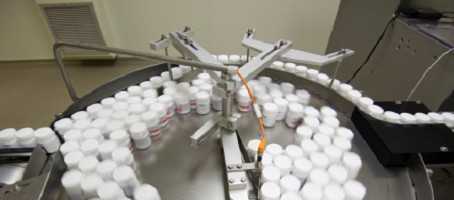A study of nurses with diabetes in the US shows that long term use of sulphonylureas could increase the risk of coronary heart disease.
Sulphonylureas are a widely prescribed class of drug for treating type 2 diabetes. The medication stimulates the pancreas to release more insulin. Coronary heart disease is a condition in which a waxy plaque builds up in the coronary arteries which feed the heart.
Researchers from Harvard University in the United States studied 4,902 women with diabetes and no evidence of heart disease at the start of the study. The women studied were those who were part of the Nurses’ Health Study.
The average age of the women was 68 years old and the average duration of diabetes of 11 years at the start of the study. The medications that each of the women were taking for their diabetes was recorded at the start of the study and up to 10 years later, at the end of the study.
Over the course of the study there were 191 cases of coronary heart disease and 148 cases of stroke amongst the nurse participants. The researchers found that the longer sulphonylureas were used, the higher the rates of coronary heart disease.
In their analysis, the researchers took into account other factors that influence risk of heart disease such as age, diabetes duration, BMI, presence of diabetes complications and family history of cardiovascular disease. The increased risks of coronary heart disease for those that used sulphonylureas compared with those that did not were as follows:
Use of sulphonylureas for 1 to 5 years: 24% increased risk
Use of sulphonylureas for 6 to 10 years: 51% increased risk
Use of sulphonylureas for over 10 years: 115% increased risk
Whilst the researchers found an increased risk of coronary heart disease with sulphonylurea use, no increased risk of stroke was observed with the medication.
The increased risk of coronary heart disease with sulphonylurea use may be explained by the fact that these medications increase the amount of insulin circulating in the blood. Higher levels of circulating insulin have been found to be associated with increased risk of heart disease in previous studies.






